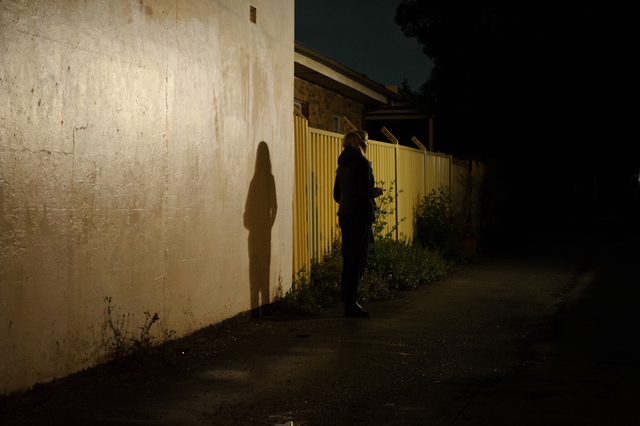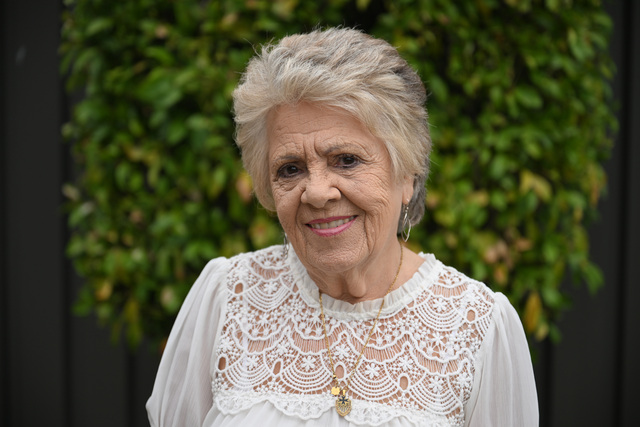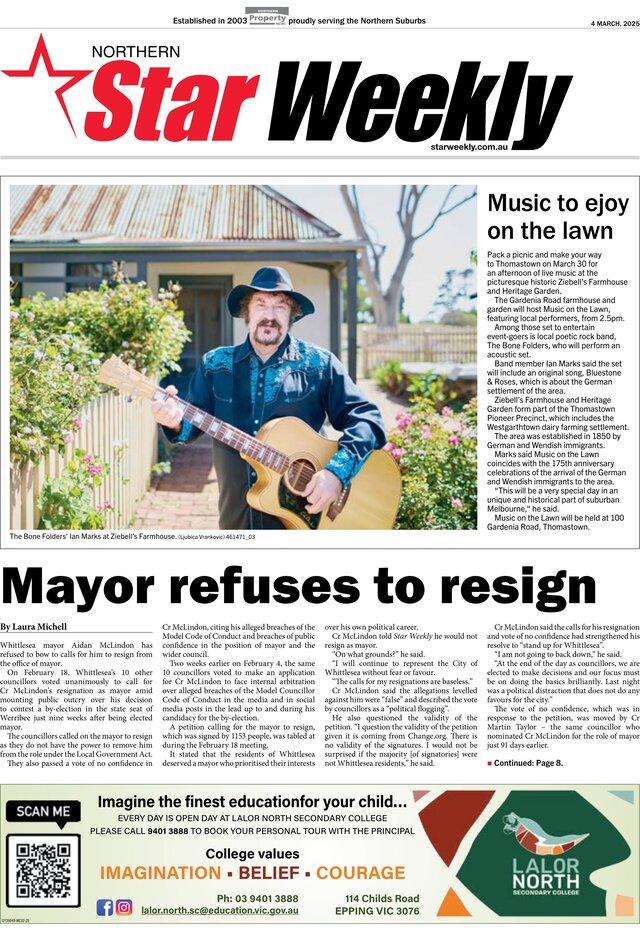A NORTHERN suburbs disability campaigner claims higher rents for supported accommodation for the disabled will push them into poverty.
State government-managed facilities will increase rent to 75 per cent of the disability support pension from December 1.
Campaigner Margaret Ruff said the amount left over, calculated at less than $5000 a year, would not meet the needs of the disabled.
She said her son Raymond, 37, did not have enough money to cover his needs even before the rent rise.
“He can’t walk and needed a specially built wheel chair that cost $9100 and a $4200 walker to prevent his muscles from further deteriorating, so we had to pay for that last year,” Mrs Ruff said.
“The government says that when they take 75 per cent of his $19,000 pension for rent, he will have just under $5000 left a year.
“But it is not disposable income.
“It costs him $4800 a year for taxis to day activity centres and $1100 for placement there, so straight away his pension won’t cover that.’’
Mrs Ruff said the $5000 left over also had to pay for $700 a year in medicine, $1550 in incontinence pads, and clothing, dental care and other costs.
Victorian Advocacy League for Individuals with Disability (VALID) spokesman Kevin Stone said the rent rise meant disabled pensioners were eligible for rental assistance.
But he said that in a “cynical” move, the government had announced
that it would take that as well.
“While the Department of Human Services (DHS) has advised us that there will be a financial hardship provision to review individual circumstances, VALID has no confidence that government’s view of what might be deemed ‘reasonable and necessary’ expenses will match the real life needs of people with a disability,” he said.
A government spokesman said the average cost of housing a resident in state-managed accommodation was $128,000 a year.
“If a resident is unable to meet their basic daily living expenses, the DHS hardship policy will apply,” he said.
Yan Yean MLA Danielle Green said no one could afford to pay 75 per cent of their income on rent, least of all severely disabled people.
“Families of people with disability aspire to them having a good quality of life, not a subsistence existence or poverty,” she said.
















